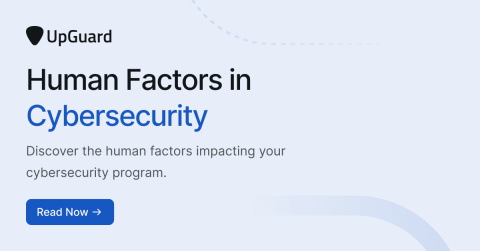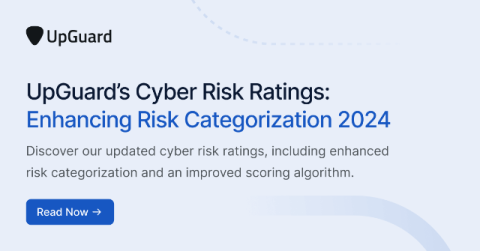What's Next for Cybersecurity in 2025 and Beyond? Fortra Experts Weigh In
We are fast approaching the end of (another) turbulent year for cybersecurity. Looking back, it's hard to believe that so much can happen in such a short time. As we finish up our work for the year, head home to our families, and prepare to close the book on 2024, it's worth considering what's next. And who better than Fortra's experts to offer insights into the year to come? Keep reading for expert predictions of cybersecurity in 2025.










